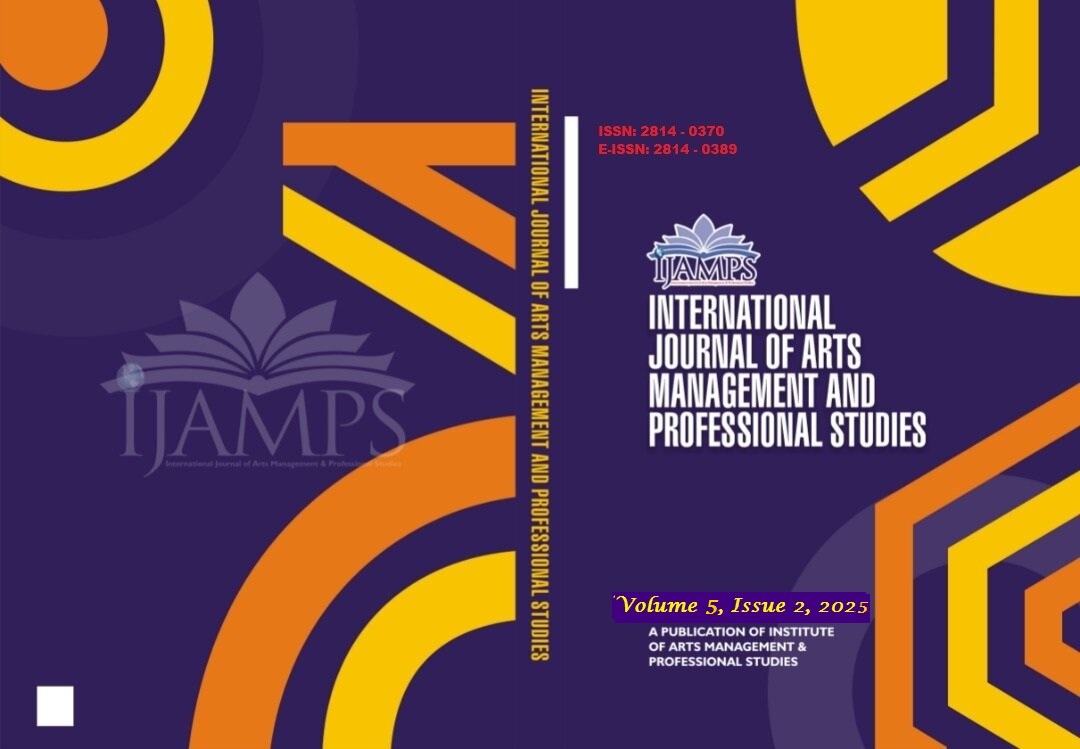
PHILOSOPHICAL IMPLICATIONS OF THE APPLICATION OF TECHNOLOGICAL TOOLS FOR THE EFFECTIVENESS OF TERTIARY INSTITUTIONS IN MWANZA REGION, TANZANIA
Innocent Sanga (Ph.D)
Volume 5, Issue 2, June 2025
This study investigates philosophical implications of the application of technological tools for the effectiveness of tertiary institution in Mwanza region Tanzania. One research questions were raised and answered. The researcher reviewed related literature in the study and adopted ex-post facto design. The population of the study was six hundred (600) students across the two universities in Mwanza region. representing 60% of the target population. 352 students were sampled using stratified random sampling technique. The instrument used for data collection was a questionnaire titled “Philosophical Implications of the Application of Technological Tools for the Effectiveness of Tertiary Institution (PIATTETI)”. Validity of the instrument was established through judgement of experts and Split Half method was used to establish the reliability. The overall reliability coefficient of 0.73 was established. 352 copies of the instrument administered were returned (Mwanza university 133 students and Dar es salaam institute of technology 219 students). The research questions were answered with mean rating and standard Deviation. Items on the instrument were scored based on the four points scoring scale using means and standard deviation. Findings in the study indicates a disconnect between the intended transformative role of technology in education and its actual impact as perceived by students. The results imply that without thoughtful philosophical implication such as aligning technological adoption with values of equity, access, and human-centered learning the application of ICT tools may not yield meaningful improvements in institutional effectiveness. Therefore, the study concludes that the current application of technological tools in tertiary institutions within the Mwanza Region lacks the necessary philosophical underpinnings to produce a positive impact, highlighting the need for a more reflective, context-aware approach to educational technology integration.